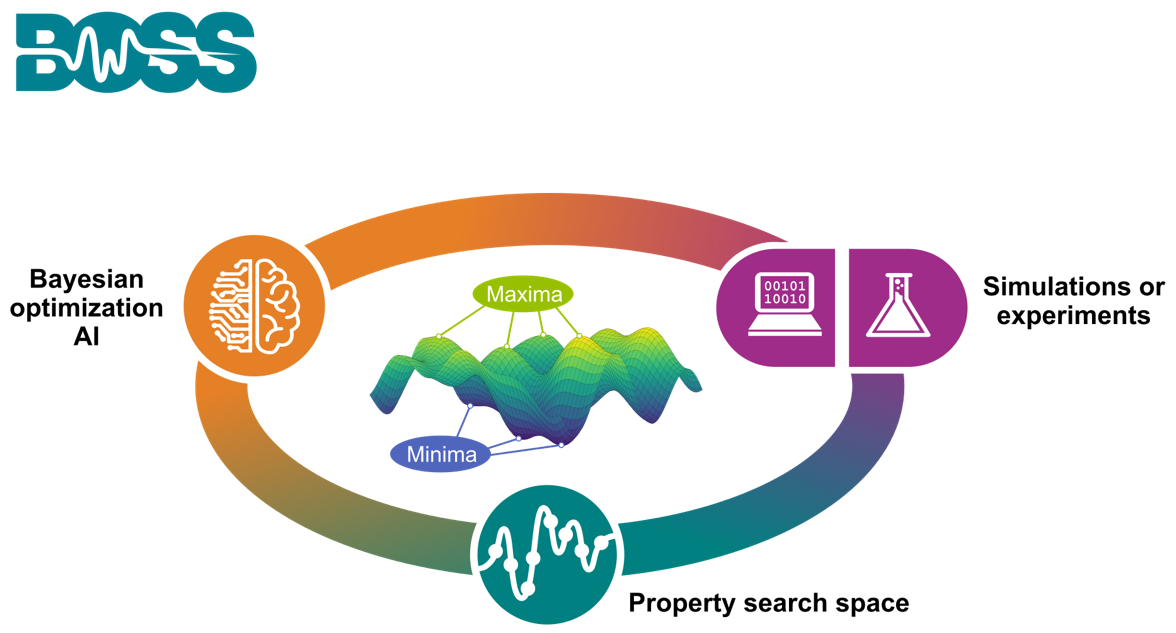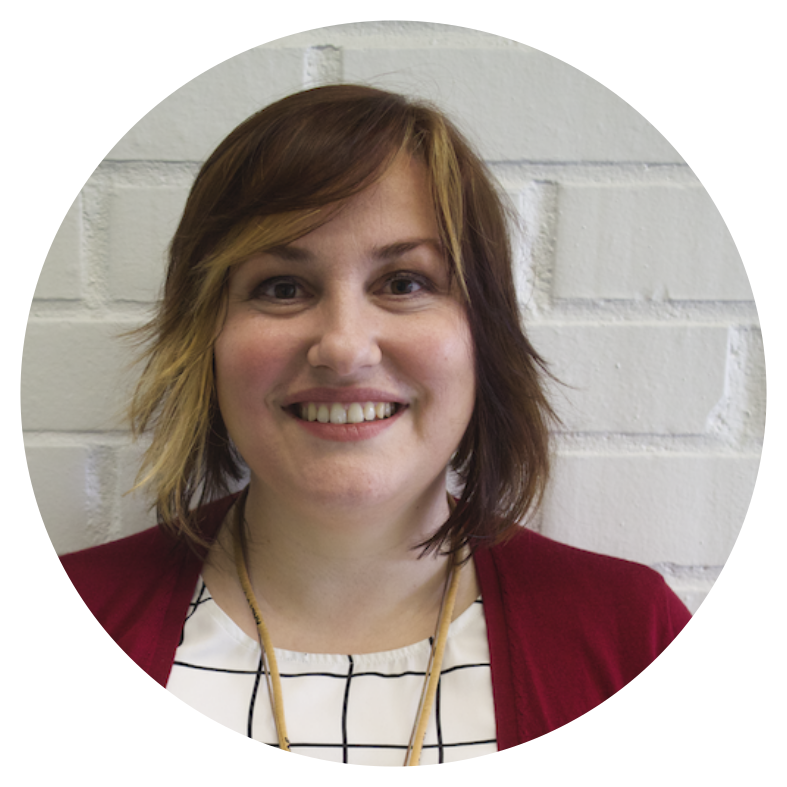Talk #D3.04
23.05.2024, 11:00 – 11:30
Active learning for data-efficient optimisation of functional materials
The arrival of materials science data infrastructures in the past decade has ushered in the era of AI-driven materials science, which has facilitated breakthroughs in materials optimisation and design. Of particular interest are active learning algorithms, where datasets are collected on-the-fly in the search for optimal solutions. We encoded such a probabilistic algorithm into the Bayesian Optimization Structure Search (BOSS) Python tool for materials optimisation [1]. BOSS builds N-dimensional surrogate models for materials’ energy or property landscapes to infer global optima, allowing us to search a desired property space. The models are iteratively refined by sequentially sampling materials data with high information content. This creates compact and informative datasets. We utilised this approach for computational density functional theory studies of molecular surface adsorbates [2], thin film growth [3], solid-solid interfaces [4] and molecular conformers [5]. With experimental colleagues, BOSS was applied to accelerate the development of novel materials with targeted properties, and to optimise materials processing [7]. With recent multi-objective and multi-fidelity implementations for active learning, BOSS can make use of different information sources to help us discover optimal solutions faster in both academic and industrial settings.

Figure 1. BOSS approach: AI is applied to materials data to extract optimal materials properties
- npj Comput. Mater., 5 35 (2019).
- Beilstein J. Nanotechnol. 11, 1577-1589 (2020) Adv. Func. Mater., 31, 2010853 (2021).
- Adv. Sci. 7, 2000992 (2020).
- ACS Appl. Mater. Interfaces 14 (10), 12758-12765 (2022).
- J. Chem. Theory Comput. 17, 1955 (2020).
- MRS Bulletin 47, 29-37 (2022).
- ACS Sustainable Chem. Eng. 10, 9469 (2022).

Prof. Milica Todorović
- Deptartment of Mechanical and Materials Engineering, University of Turku, Finland (FI)